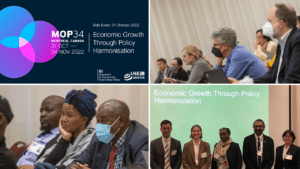The United Kingdom’s Department for Environment, Food and Rural Affairs (Defra) and the United Nations Environment Programme’s (UNEP) United for Efficiency (U4E) convened a side event at the Thirty-Fourth Meeting of the Parties to the UN Montreal Protocol on Substances that Deplete the Ozone Layer. The event, which took place in Montreal, Canada on 31 October 2022, highlighted the co-benefits of improving energy efficiency in parallel with phasing out the use of hydrochlorofluorocarbons (HCFCs).
 The Montreal Protocol is the landmark multilateral environment agreement that regulates the production and consumption of nearly 100 man-made chemicals referred to as ozone depleting substances. When released to the atmosphere, these chemicals damage the stratospheric ozone layer, Earth’s protective shield that protects humans and the environment from harmful levels of ultraviolet radiation from the sun. This includes HCFCs, the gases used worldwide in refrigeration, air-conditioning and foam applications, which are both ozone depleting substances and powerful greenhouse gases – the most commonly used HCFC is nearly 2,000 times more potent than carbon dioxide in terms of its global warming potential.
The Montreal Protocol is the landmark multilateral environment agreement that regulates the production and consumption of nearly 100 man-made chemicals referred to as ozone depleting substances. When released to the atmosphere, these chemicals damage the stratospheric ozone layer, Earth’s protective shield that protects humans and the environment from harmful levels of ultraviolet radiation from the sun. This includes HCFCs, the gases used worldwide in refrigeration, air-conditioning and foam applications, which are both ozone depleting substances and powerful greenhouse gases – the most commonly used HCFC is nearly 2,000 times more potent than carbon dioxide in terms of its global warming potential.
Defra’s Issy McFarlane opened the event by highlighting the benefits of simultaneously improving energy efficiency while phasing out the use of hydrochlorofluorocarbons in order to mitigate the unavoidable increase in total energy consumption for these products as their use becomes more widespread and to allow the decoupling of economic growth from energy consumption.
U4E’s Patrick Blake, used data from the U4E Country Savings Assessments to demonstrate these benefits, sharing analysis of the data to highlight that while 21% of the total climate mitigation potential of room air conditioners comes from direct savings (via lower global warming potential refrigerants, 79% comes from indirect savings (via reduced electricity consumption).
During the course of the event, the speakers emphasized the opportunity for cooling products to take on both energy efficiency and lower global warming potential refrigerants through mechanisms such as regulations, market monitoring and labelling.
Nihar Shah from Lawrence Berkeley National Laboratory introduced the U4E Model Regulation Guidelines. These guidelines have been developed for six product groupings (lighting, air conditioners, refrigerators, commercial refrigeration, motors and transformers) and provide a template for such regulations. They are being deployed in regional and national projects throughout Asia, Africa, Latin America. For cooling products, the model regulations include requirements for both energy-efficiency and lower global warming potential refrigerants.
Chile and Rwanda are both taking action to implement regulations and other actions addressing both the energy-efficiency and refrigerants for cooling products.
Claudia Paratori Cortés, Ministry of Environment, Chile, highlighted their current collaboration with their Ministry of Energy on cold chambers and refrigerated display counters. The project will set regulations for energy-efficiency and refrigerants, raise awareness for end users and technicians, and include four pilot projects.
Martine Uwera, Rwanda Environment Management Authority (REMA) highlighted various activities, which fall under Rwanda’s National Cooling Strategy to support its commitments to both the Kigali Amendment of the Montreal Protocol and the Paris Agreement. This includes setting MEPS with requirements for both refrigerant and energy efficiency requirements.
In addition, Nihar Shar highlighted a new report on Cooling Egypt: Cost and benefits of room air conditioner efficiency improvements in Egypt, which makes recommendations for updated MEPS and labelling.
Throughout these presentations, the speakers provided context on the benefits of working with regional blocks of countries to reduce trade barriers, implementation cost and sharing of experiences amongst countries, such as the projects in Southern Africa, Eastern Africa and Southeast Asia.
To view a copy of the agenda and the supporting presentations from the event, click here, or for further information on the side event, contact isobel.mcfarlane@defra.gov.uk or patrick.blake@un.org.


Leave a Reply